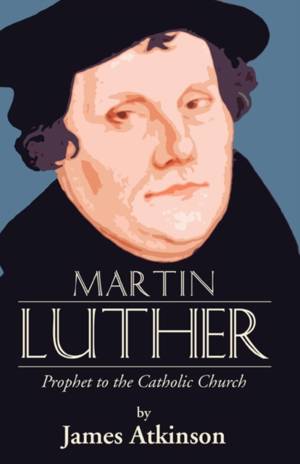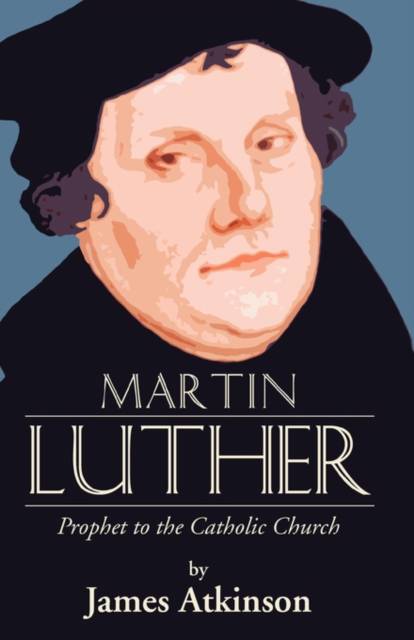
- Retrait gratuit dans votre magasin Club
- 7.000.000 titres dans notre catalogue
- Payer en toute sécurité
- Toujours un magasin près de chez vous
- Retrait gratuit dans votre magasin Club
- 7.000.0000 titres dans notre catalogue
- Payer en toute sécurité
- Toujours un magasin près de chez vous
41,95 €
+ 83 points
Description
Written in the five-hundredth year after the birth of Luther, James Atkinson here presents a heartfelt argument that the time is ripe not for a possibly divisive celebration of Martin Luther's break from the Roman Catholic Church, but rather for a completion of Luther's work, a fulfillment of Reformation goals -- a reunified, truly catholic Church. Atkinson argues that changes in Roman Catholic theology since the sixteenth century have brought it very nearly to the point that Luther wished it to attain, and that the crucially important reforms initiated by the Second Vatican Council in 1965 indicate a new spirit of ecumenical openness to a rapprochement with the separated brethren of the Protestant denominations. Such a reunification, says Atkinson, would be more genuinely in the spirit of Luther's work than any strident maintenance of Protestant dogma for its own sake. The first part of this book offers a brief historical survey of Catholic perspectives on Luther from 1517 to the present -- from the early-sixteenth century invective against Luther, which set the tone for more than four centuries of Catholic perceptions of Luther and his legacy, to the exciting revaluation of Luther in the past few decades. In the second and larger portion of the book, Atkinson delves more deeply into the main points of doctrinal contention between Catholics and Protestants, and suggests that the gap between the two is no longer so large as to preclude its being bridged in a spirit of fellowship in faith.
Spécifications
Parties prenantes
- Auteur(s) :
- Editeur:
Contenu
- Nombre de pages :
- 226
- Langue:
- Anglais
Caractéristiques
- EAN:
- 9781592449514
- Date de parution :
- 01-10-04
- Format:
- Livre broché
- Format numérique:
- Trade paperback (VS)
- Dimensions :
- 145 mm x 208 mm
- Poids :
- 281 g

Les avis
Nous publions uniquement les avis qui respectent les conditions requises. Consultez nos conditions pour les avis.






